Gor Sungu chaired the last sitting of the 9th parliament ahead of the 2007 general election, and he took the opportunity to wish all the parliamentarians success in their re-election bids. Little did he know that this would be his last appearance in the August house.
In 2007, Eric Gor Sungu unsuccessfully defended his Kisumu Town East Constituency seat which he had held for two terms.
Knowing well what awaited him after politics, the former Insurance Loss Adjuster took a deep breath, retired to his rural home in Nyagrongor, Kajulu Kadero to begin a new chapter in his life.
And 15 years later, at 68, Sungu is strong and spends most of his time attending to his farms and family without regrets.
When Lake Region Bulletin caught up with him, Sungu was having a restful afternoon in a veranda, dressed in lose white and black stripped shirt, and a pair khaki of short, a comfortable wear for the warm Kajulu weather.
“This is where I spend most of my time these days, when I am not in the farms,” he said.
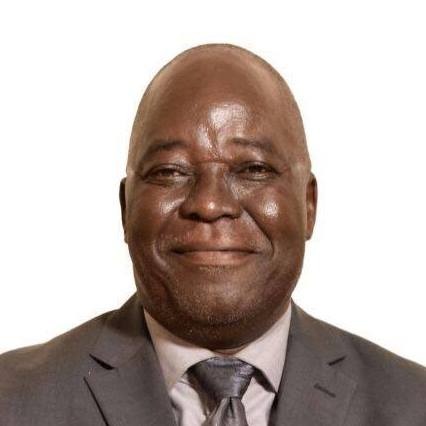
Early life
Sungu was born on April 4, 1954 to Mzee Patroba Sungu Odero and Mama Benter Akumu Arodi of Kajulu-Kadero.
It was a chilly Sunday morning, and the body of a village patriarch, Gor Amolo had just arrived for burial from Nairobi where he had died the previous week.
“I then got named Gor, after the deceased. I remember the deceased widow developed liking for me and could visit me, calling me ‘chuora’ (my husband). I didn’t like this, but I later grew a thick skin and embraced the name,” Sungu said.
Sungu’s was a polygamous family, and he was the first surviving son of his father’s second wife.
He went to Obwolo Primary School, then joined Nyabondo Boys Secondary School in Nyakach for his Form One to Form Four, before joining Maseno School for his A-levels to study Economics, Geography and Literature in English.
He joined the University of Nairobi in 1975 to pursue Bachelor of Commerce, graduating in 1977, and joined Kenya Airways as an Insurance Officer in 1978.
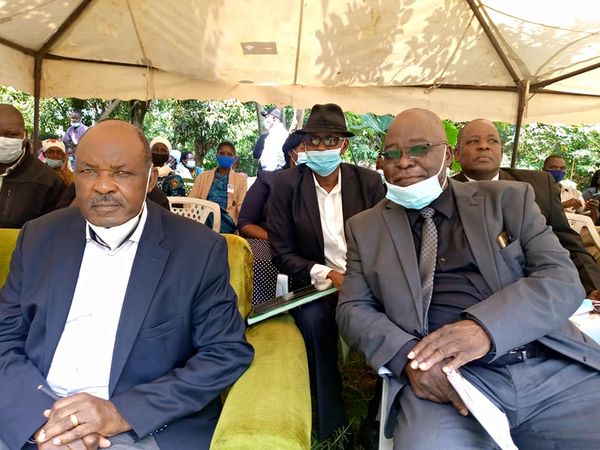
Insurance guru
He later joined Toplis and Harding (Mclarens toplis) an insurance company as an Insurance Loss Adjuster, charged with the responsibility of investigating insured losses and determining the quantum, in Nairobi, before being transferred to head the firm’s Kisumu branch.
It was during his time in Kisumu that he developed interest in politics, and joined the wave fighting for multi-party democracy in the early 1990s.
“I joined Jaramogi Oginga Odinga’s campaign team, and I would spend a lot of time with the politicians mobilizing resources and doing campaigns,” he said.
He added; “During my time with Jaramogi, the political environment was so tensed and we got hardened.”
Sungu in politics
After Jaramogi died, Sungu teamed up with Raila Odinga. He resigned from his insurance job to concentrate in politics.
And in 1997, he was elected the Member of Parliament for Kisumu Town East on Raila’s National Development Party (NDP).
Despite having been engaged in community development work before joining politics, his life changed when he was elected.
Then there were all privileges and responsibilities which come with the office, including pushing for motions, traveling out of the country, and having to share tables with the who and who of this world.
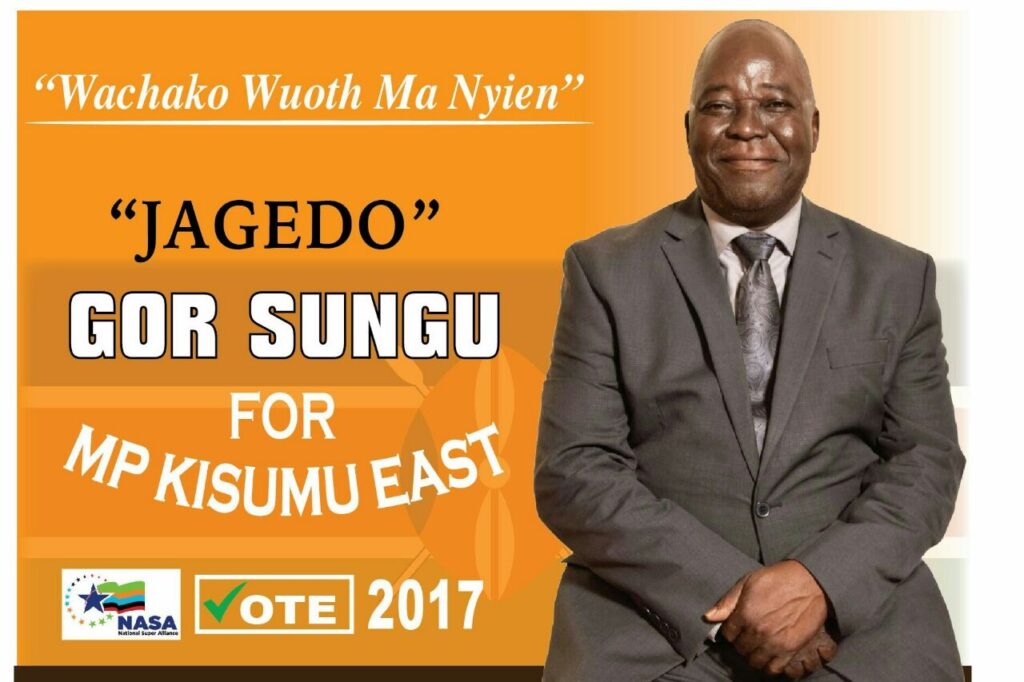
Robert Ouko death probe
Sungu hit the headline most when he moved a motion for the formation of a parliamentary select committee to investigate the mysterious death of the late Former Foreign Affairs Minister Robert Ouko.
He was later to become the chair of the committee which became the first Kenyan Parliamentary committee to hold its sitting outside the country at the country’s embassy in Landan.
“Ouko had been a friend, and I had participated in his campaigns, and I yearned for justice following his death,” said Sungu.
After two years of the probe, in 2005, the committee presented their report to the house which was not debated until several years later when Sungu was no longer in parliament. The house rejected the report, heaping blames on Sungu ans his team for shoddy work which had no bearing in finding Ouko killers.
Despite the report having been rejected by the house, Sungu holds that his team did its best and had he been in parliament to help the house understand the report, it would have been adopted, and it could have settled the puzzle in the Ouko murder.
He claims that many people who criticized the work of the committee were either ignorant of committee procedures and how committees work.
“Parliamentary committees investigate then lay a report in the table of the house for consideration depending on the recommendations of the committee and parliamentary approval. The executive is expected to execute recommendations from the report,” he said.
Mr Sungu feels that the handling of the report had nothing to do with his political downfall as it was debated after he left parliament. He argues that details contained in the report can still be used to carry the further investigations; however, there seems to be lack of political will.
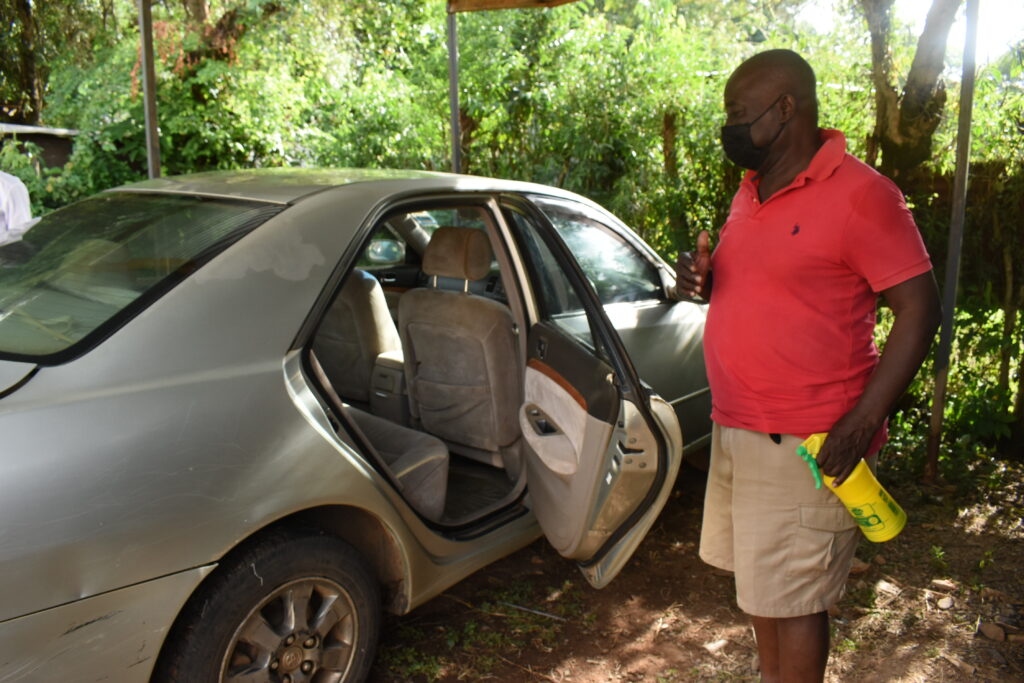
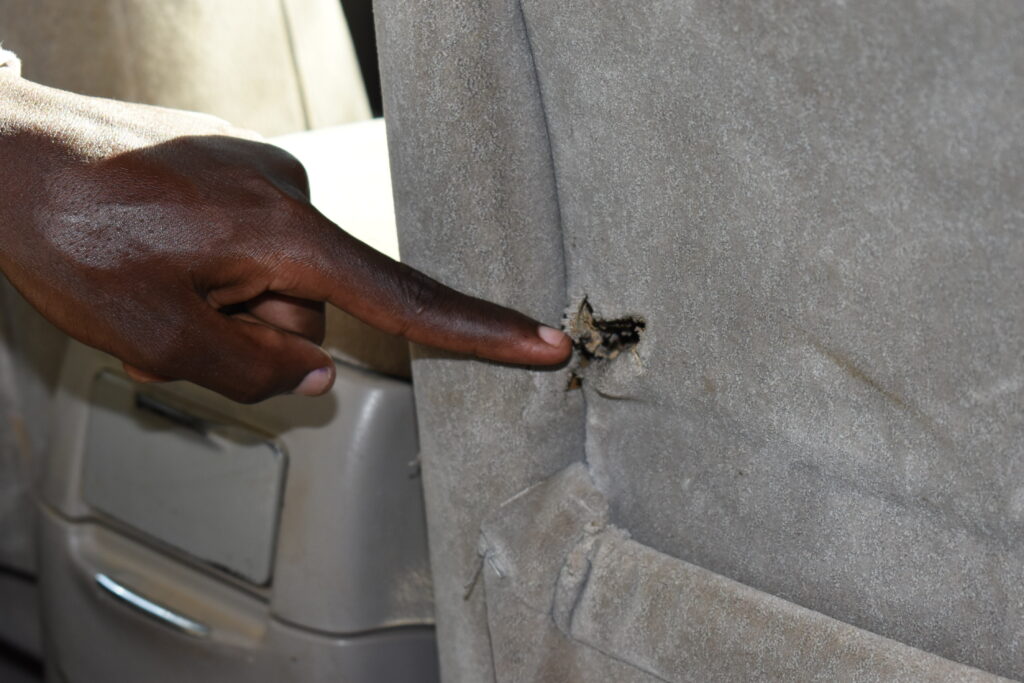
Social media torture
The former legislator had to quit social media to avoid the trolling that people had been perpetrating against him and his family following his attempt to retake his seat in 2017.
“People write all manner of things about you because they think it is juicy. It causes you a lot of pain. I can’t fight people in social media. Some are using pseudo names. I decided not to respond to what I do not know. I believe my reputation is intact,” he says.
As he was losing his parliamentary seat in 2007, Sungu had a big family, with the youngest being three months old. The family comprises three adult children working and studying in the United States, one adult child working in Nairobi and three young children in high school.
He had to adjust his life, change the schools for his children, and live affordable life.
“I am a lover of life, and after politics, I knew I had to transition very fast so as to live a peaceful life. I learnt to let go,” says Sungu.
Village life after politics
As our interview proceeds, Sungu checks the time in his smartphone, and stands up.
“It is my time to take care of my life,” he says before he leaves without elaborating.
Within three minutes, he returns with a bottle of red wine, with two wine glasses.
“Who amongst you take this?” he asks as he pours some in the glass.
After a few sips, he gets us back to the interview.
“Many people do not live longer after politics because they do not know when to let go. I could have jumped to another party or use independent ticket to challenge for the seat, but I did not,” he says.
After a few minutes, his phone rings.
“I rarely get calls these days,” he mutters as he stands up to pick the phone which had been charging in a nearby power socket.
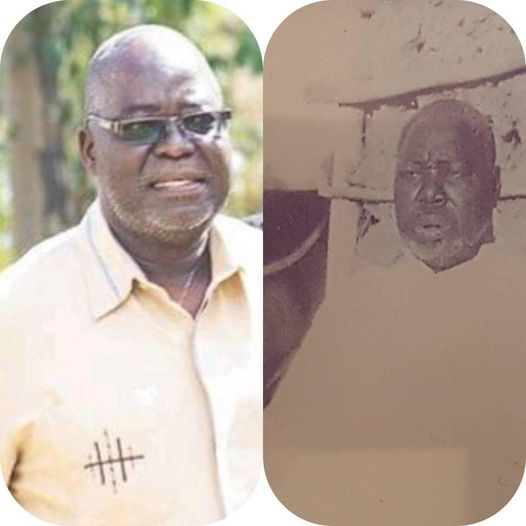
Sungu has positive stories too
Despite very little positive stories told about him, Sungu keeps a huge history of his achievements during his time in parliament.
He says that Parliamentary Training school was his brainchild, a concept he borrowed during a parliamentary tour in the United States as a recipient of the US State Department Foreign Visitor Programme
“I had seen the training concept for the newly elected legislators of the Califonia State Legislature based at the state Capital in Sacramento, USA. I came with the entire document and handed to the then Speaker Francis Ole Kaparo, and was implemented to form the Parliamentary Training School,” said Sungu.
He also attributes the Tobacco Control Bill to his work, saying he drafted the bill which was later taken over by the Ministry of Health. After speaker Ole Kparo directed that the two bills be merged under the hospice’s of the parliamentary committee on health
“I had worked on the bill through the support of other local and international health organizations, and as it was about to go through parliament, the Ministry of Health came up with some draft, which we combined with mine to come up with the bill,” he said.
He is however not impressed that the bill is yet to be fully implemented by the Kenyan authorities.
He was a member of the Parliamentary Network of the World Bank which led Kenyan delegations to a number of countries to share about the Tobacco Bill.
He was a member of the Parliamentary Investment Committee which dealt with investigation into financial malpractices in state sponsored parastatal organization.
“I never liked publicity, so I did not speak loudly about my achievements,” he said as we leave the veranda to take a walk in his kitchen garden.
Today, Sungu’s typical day begins at 5.30am.
He gets to the gym for 30 minutes, before getting into his daily program.
“Previously I would drive my children to school, then come back to read the news before heading to the farm,” he said.
But now, all his once younger three children are in boarding secondary schools; Forms Three, Two and One in descending order.
So he has a lot of time to spend in the gym to exercise, meditate, before getting to his daily schedules. “I am more peaceful and comfortable now but one cannot live forever,” he says when we ask him about his next step of life as we end the i
